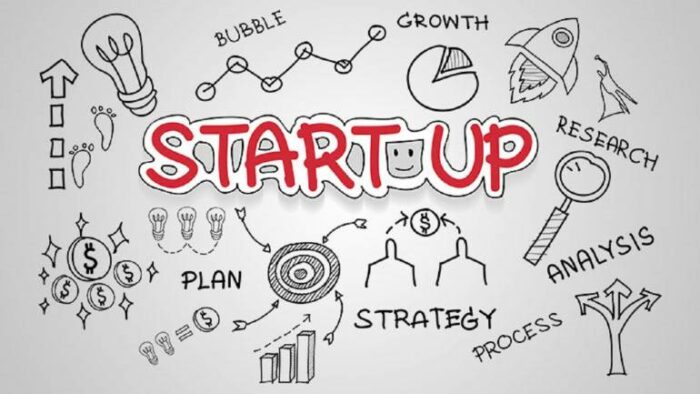Startups are cropping like mushrooms everywhere, but have you noticed not all startups make a mark. Some drown midway and often people don’t understand what went wrong. Basis a study on some 100 startups, here is a list of top 5 common mistakes that early stage startups do and which lead to their failure most of the times
Fail To Talk to The Customer

This is one is the most common and obvious reason for many early-stage startups to fail. Founders usually think that talking to a few friends, who work in the same space, or sometimes in a very different space is enough to analyze the potential of the business and they get started. What they miss out is the fact, that it is important to reach out to prospective customers and understand their needs, demands, pain points, ask plenty questions and then decide on your business plan.
You cannot short-circuit this step. Your message won’t resonate with prospects, your product won’t fit, and you’ll fail in answering questions from potential investors if you don’t converse enough with the customer base.
Underprice Their Solution
Some startups undermine their product and underestimate its potential thus leading to an underpriced solution. For those who think short-term underpricing may get you a lot of customers initially, but once you build the base and then try increasing the price, it clearly won’t work. People today have way too many choices and switching a brand doesn’t take much. Taking a recent example, Paytm Mall suffered 80% drop in sales as soon as they stopped the cashback offers. The cashback offers were great to attract the customers at the initial stage but were bringing in huge losses for the company, but the moment they decided to stop it, they lost all sales. On the other hand, if you maintain your pricing and premium, the growth may be slow, but people will slowly start valuing your brand and in the long term it will only reap in benefits.

Slow Follow-Ups

Most startups begin with a bang, but somewhere down the line, they lose their momentum. Especially in case of a tech startup, since the founders know what technical product or service they are creating, their enthusiasm is high, but when it comes to marketing stage, their lack of knowledge or interest in the field effects the overall growth of the startup. Thus is it very important to have a core team in place so that the follow-up processes don’t slow down once the product is ready.
Underperform in Fundraising

Losing nerve when it comes to fundraising meetings is a common scenario with most startups.
Fundraising requires the right inputs, the right plan, the right effort, and follow-up, and the right attitude. You’ll need some level of a financial model and a strong set of backup slides to show your understanding of the pain you are solving, the market opportunity, your go-to-market approach, and your use of funds, etc. On the planning side, you must pick the right set of investors likely to be attracted to your deal. Once you have a good set of potential investors, treat it like a sales funnel. Reach out, have early meetings over coffee, follow-up quickly on questions, and when you are ready, ask for concrete steps to a term sheet. Lastly, attitude does play a part. Be confident without being arrogant.
Accelerate Without Intent
It’s a nice ego massage when you get the acceptance. Accelerators have several great success stories, but is it the right path for you? Think about who you are, where you are in the startup process, what you need, and what you are willing to give up. If everything aligns nicely with the accelerator, go for it. Otherwise, just hold your horses for the time being and focus on what you have.















